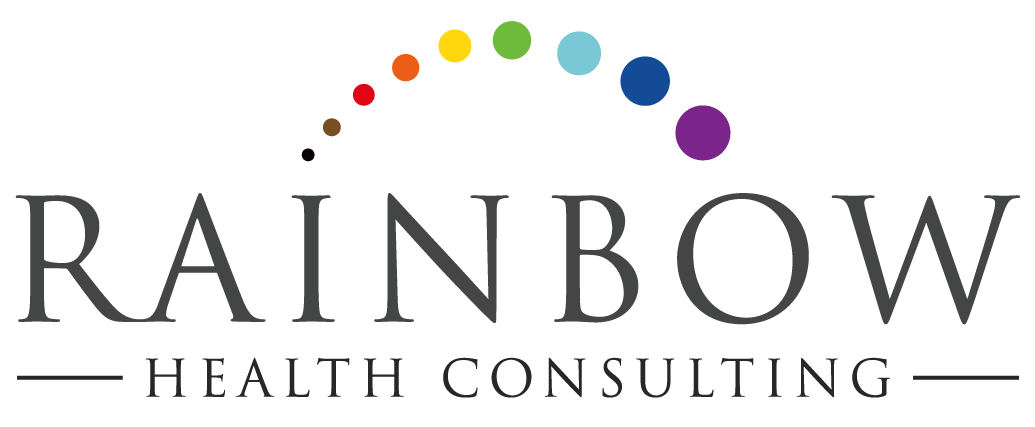Working with LGBTQ+ Teens, a Unique Opportunity for Intervention
Health care providers who work with youth frequently will encounter LGBTQ youth, and those who are still working through their sexual and gender identity, in their practice. Of course, these adolescents are managing the typical concerns of adolescence such as puberty and social and emotional changes, while also managing their sexual and/or gender identity and expression.
Adolescents need additional support as they navigate through their journey towards adulthood, and a knowledgeable, sensitive, and prepared health care provider can be just the right person to assist them. You might be the person who makes a difference for them if they have a less than supportive school community or home life.
You may wonder what you can do for the health of LGBTQ youth? Here are some suggestions:
Be a Listening Ear
Sometimes youth may not be able to speak with many people about their health concerns and worries, especially if they feel that their parents or guardians will not be supportive. As a health care provider, you might be a person who the child trusts and knows, and they may be able to confide in you. That information is precious and great care should be taken to safeguard it and to support the child in positive decision-making as to when (or if) to come out to others. This could happen in a variety of clinical settings, such as school nursing, an emergency room, a community health site, or other location.
Promote Safe Sex
Just as other teens are experimenting with their sexuality, so too are LGBTQ teens. Providing a safe space where teens can learn about protective measures to help keep themselves safe is very valuable. Having supplies ready and helping the adolescents in your care to understand how to use them is invaluable for their sexual health and safety.
Support Legislation that Supports Youth
Recently, New York State became one of several states to ban so-called “conversion therapy” for LGBTQ youth. This misguided “treatment” seeks to change the sexual orientation of an adolescent child to be more in line with what the therapist (usually operating under a religious doctrine) deems normative. These therapies have been widely shown to be ineffective at best, and dangerous at worst. As a health care provider, using the data that shows this, you can be an advocate for our most vulnerable youth by speaking up in support of legislation such as this that bans these dangerous practices.
Help Teens to Craft a Self-Care Plan
Unfortunately, even in the most progressive areas, LGBTQ adolescents aren’t always going to find a supportive family or community. It can help if they create a “self-care plan” that can remind them of ways to get through challenging times. Creating affirmative mantras, keeping contact information for supportive friends handy, and knowing when to step away from a situation before it escalates, can all be aspects of an effective plan for self-care. Asking the LGBTQ teens in your practice if they have a self-care plan can be a great conversation starter and can be a tool in their tool box of developing the strength they need to get through life’s challenges safely!
Assess for Violence
LGBTQ youth may be at increased risk for violence both in the school and home environment. Your opportunity to connect with these youth and assess their risk for violence can be life-saving. Many of these youth have been threatened with physical violence, coerced or emotionally manipulated; and LGBTQ are at greater risk for violence within a romantic relationship. More generalized bullying may be a chronic problem as well. Additionally, LGBTQ youth are at greater risk of suicide, which should also be part of a comprehensive risk assessment. Assessing risk should also cover higher risk sexual behavior, which can be common for all teenagers and especially for LGBTQ teens.
These are just a few of many roles that a health care provider can take to demonstrate their continued support of LGBTQ youth and the health and safety issues that occur in their daily lives. To learn more or for a training for your organization to better support the health of LGBTQ youth and adolescents, check out Rainbow Health Consulting’s educational opportunities!

